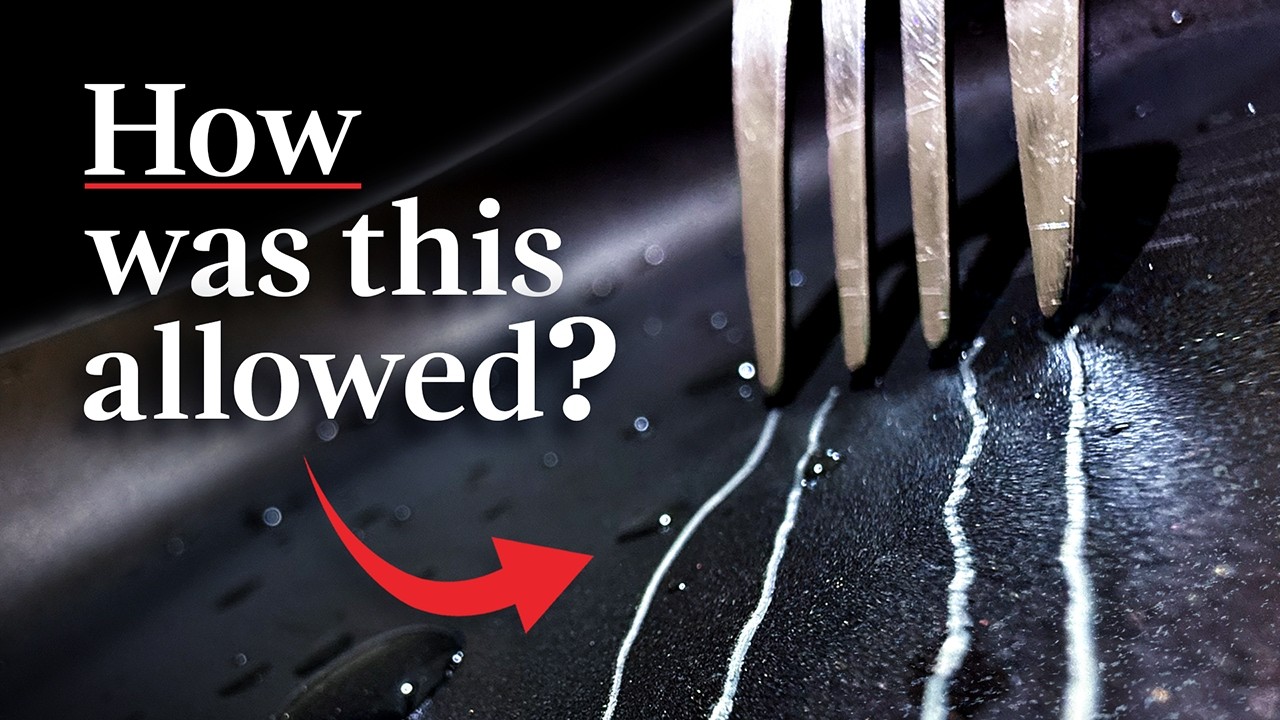This is like the idea that if people are using bad arguments, it implies there are no good arguments. I think that idea is incorrect, and I actually talked about it a few days ago. It was also discussed this year in the discussion between Justin and anonymous.
More importantly, you still didn’t provide the basic introductory information that I asked for.
You provided only one issue you partially disagree with Carson about. You didn’t provide a general overview of what you agree and disagree about.
And your argument isn’t that there’s a direct error in her reasoning. It’s more that on general principles you think her conclusion must be wrong. I read your argument as unclearly stated but meaning something like:
- the US (or West) has a free market capitalist economy
- if there were better options, the efficient free market would have found them
- therefore, whatever criticisms Carson has of insecticides don’t really matter: there must not be better options
I think all 3 parts of that argument are false. It also neglects something Carson wrote about: the government is behind a lot of the “insecticide” use. And the argument seems to imply a bunch of major limits on the possibilities for reform and improvement available in the world. It seems like you have an adequate world perspective (whereas I agree with Yudkowsky that we live in an inadequate world).
Also, Carson tried to raise awareness of the (health) costs of using “insecticides”, which were (and I think still are) being underestimated. Disagreements about the costs are part of the issue. It’s also unclear which costs you were considering (like health, soil depletion, or just direct dollar costs).
Also, there are massive government subsidies, and other interventions, which primarily subsidize/favor the kind of farming that uses a lot of “insecticides”. Meanwhile, some businesses actually are successfully using alternatives.
I have other criticisms that I haven’t mentioned.
These issues about capitalism are actually very interesting to me, but I don’t want to continue this discussion because it’s too unproductive. (You’re allowed to post more but I probably won’t respond.) It’s too hard to get information from you. You’re really difficult to talk with and you act like you don’t want to talk with me. I also specifically warned that I was going to give up after my ~6th try in my previous post unless certain introductory information was provided, but it wasn’t. I’ve concluded that you’re substantively unwilling to discuss and that there is a (likely subconscious) bad faith problem involved. If anyone thinks I’m making an important error here that they’re capable of explaining effectively, see my debate policy.
